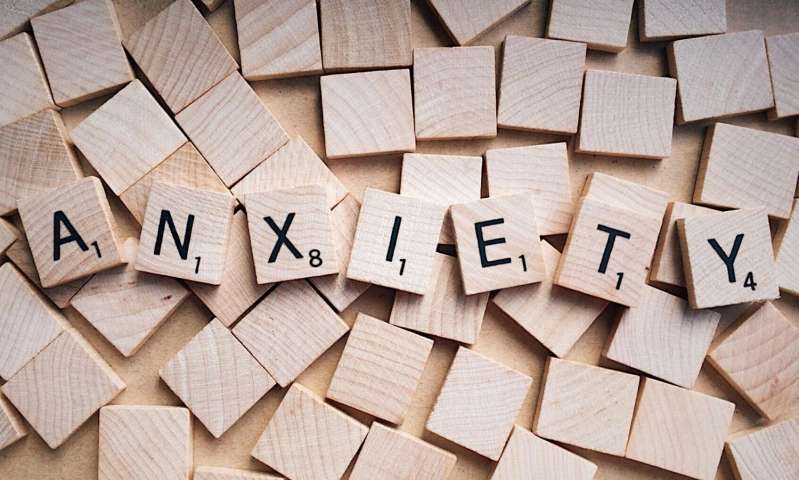By Sasha Milinkovic
Chances are if you are asking this question you are probably experiencing a level of anxiety.
Anxiety is more than just feeling stressed or worried. While stress and anxious feelings are a common response to a situation where we feel under pressure, they usually pass once the stressful situation has passed, or ‘stressor’ is removed.
Anxiety is when these anxious feelings don’t go away – when they’re ongoing and happen without any particular reason or cause. Everyone feels anxious from time to time, but for someone experiencing anxiety, these feelings aren’t easily controlled.
If you are still unsure whether you are experiencing anxiety here are 5 common signs to look for:
- Irritability and agitation
Do you ever find yourself irritated with people or situations — and you’re not quite sure why? Maybe your fingers start drumming once your meeting runs 5 minutes late, or you shut down in group situations after a single awkward moment. Excessive agitation and irritability are signs of anxiety.
- Tiredness and fatigue
Are you feeling tired all the time, wake up feeling like you haven’t had a restful nights sleep? Tiredness is a common sign of anxiety. Many people who experience anxiety have trouble either falling asleep or waking in the night. When this happens our body and mind doesn’t get into deep sleep or REM sleep that it needs to restore balance and wellbeing to our bodies.
- Excessive worry
One of the most common symptoms of an anxiety disorder is excessive worrying. We are human so of course we are wired to worry. The worrying associated with anxiety is disproportionate to the events that trigger it and typically occurs in response to normal, everyday situations. If you are experiencing this kind of worry daily for an ongoing period you may be experiencing anxiety.
- Fuzziness or difficulty concentrating
Many people with anxiety report having difficulty concentrating. Also known as “Brain fog” this fuzziness can be due to lack of sleep which we all know can affect our concentration and ability to concentrate.
- Social avoidance
Do you often think about how you’re going to get out of a social event? Do your friends know you as “That person who never actually shows up”? Avoiding stress-inducing social symptoms is an incredibly common symptom of anxiety. Maybe you’re worried you’ll say the wrong thing, or that your friends don’t really like you. Either way, it seems easier not to go.

